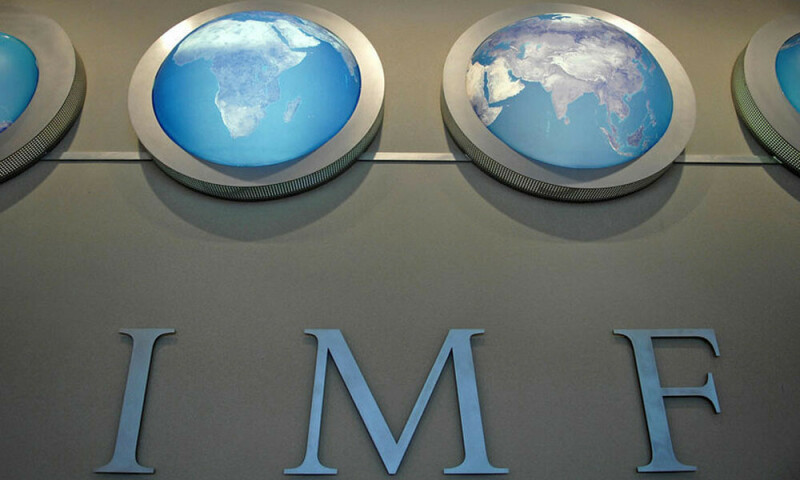
ALMATY: Economic growth in Central Asia and the Caucasus will depend on how Russia’s economy performs in the face of Western sanctions, as well as global monetary conditions, an International Monetary Fund official in charge of the region told Reuters on Thursday.
Russia, hit by sanctions over its invasion of Ukraine, is a key trading partner for many of the former Soviet republic in the region, and also a key destination for millions of Central Asian migrant labourers.
The region outperformed initial forecasts last year, growing 4.8% as remittances from Russia jumped on a strong rouble and foreign trade grew, thanks in part to the diversion of some Russian imports to neighbouring countries.
“It was a great year, and for this year, in 2023, we are projecting a modest slowdown to 4.2% or so,” Subir Lall, deputy director of the IMF’s Middle East and Central Asia Department, said. “But it is a time of high uncertainty, so things do can change around a little bit.”
Russia may see wider 2023 budget deficit, lower growth for years to come: IMF
Downside risks dominate the outlook, he said, one of them being heightened global financial turbulence resulting in greater monetary tightening which could affect commodity prices and increase borrowing costs.
“Another external risk for the region is the war in Ukraine,” Lall said. “And if sanctions were to be tightened, or there were to be a new wave of sanctions, that could lead to volatility in commodity markets, shortages, new price pressures for energy and food, fertilizers, possibly.”
“In addition, of course, if there is a sharp contraction in Russia that’s not in the baseline, or bad harvest, that could also be an external risk to the outlook.”
The third key risk, Lall said, is fragmentation.
China propping up Russia’s economy: NATO chief
“If geopolitical tensions and sanctions undermine international cooperation and constraint, crossborder flows of payments, and labor and capital, that could have a disruptive impact,” he said.
Aside from being a major trade partner, Russia is also an important transit nation for many export goods from Central Asia, although the West is promoting greater use of an alternative route through the Caspian and the Caucasus.
“I think to some extent how the region benefits or pivots away from its excessive reliance on trade with Russia or Russian growth will depend in part on how policymakers are able to take advantage of the opportunity,” Lall said.
“This is a moment to step back and think about greater integration with the global economy, not just China, but actually more globally, including other regions, South Asia, the Middle East, these are all opportunities, because the Caucasus and Central Asia location is in a way at the intersection of three continents.”